What if your backyard could double as your wellness center?
As the crisp air of fall sets in, it’s not just time for pumpkins and cozy sweaters—it’s the perfect season to plant the herbs that will support your health throughout winter and beyond. While most people wind down their gardening routines, savvy gardeners know that autumn is an ideal window to sow the seeds of healing.
These aren’t just herbs for flavor—they’re nature’s pharmacy. From boosting immunity to calming stress, these medicinal wonders have been used for centuries. And growing them yourself? That’s a bold step toward self-sufficiency and better health.
So, which herbs should you plant this fall for a stronger, more vibrant you?
Let’s dig in.
Why Plant Medicinal Herbs in Fall?
1. Cooler Temperatures = Better Root Development
Fall’s mild climate encourages stronger root systems before the cold sets in—meaning your herbs will be healthier come spring.
2. Fewer Pests, Less Disease
With insect activity on the decline, fall offers a lower-risk environment for herb seedlings to thrive.
3. Early Spring Harvests
Fall planting sets you up for a bounty of healing herbs when winter ends—just when you need them most.
10 Medicinal Herbs You Should Plant This Fall for a Healthier You
1. Chamomile (Matricaria chamomilla)
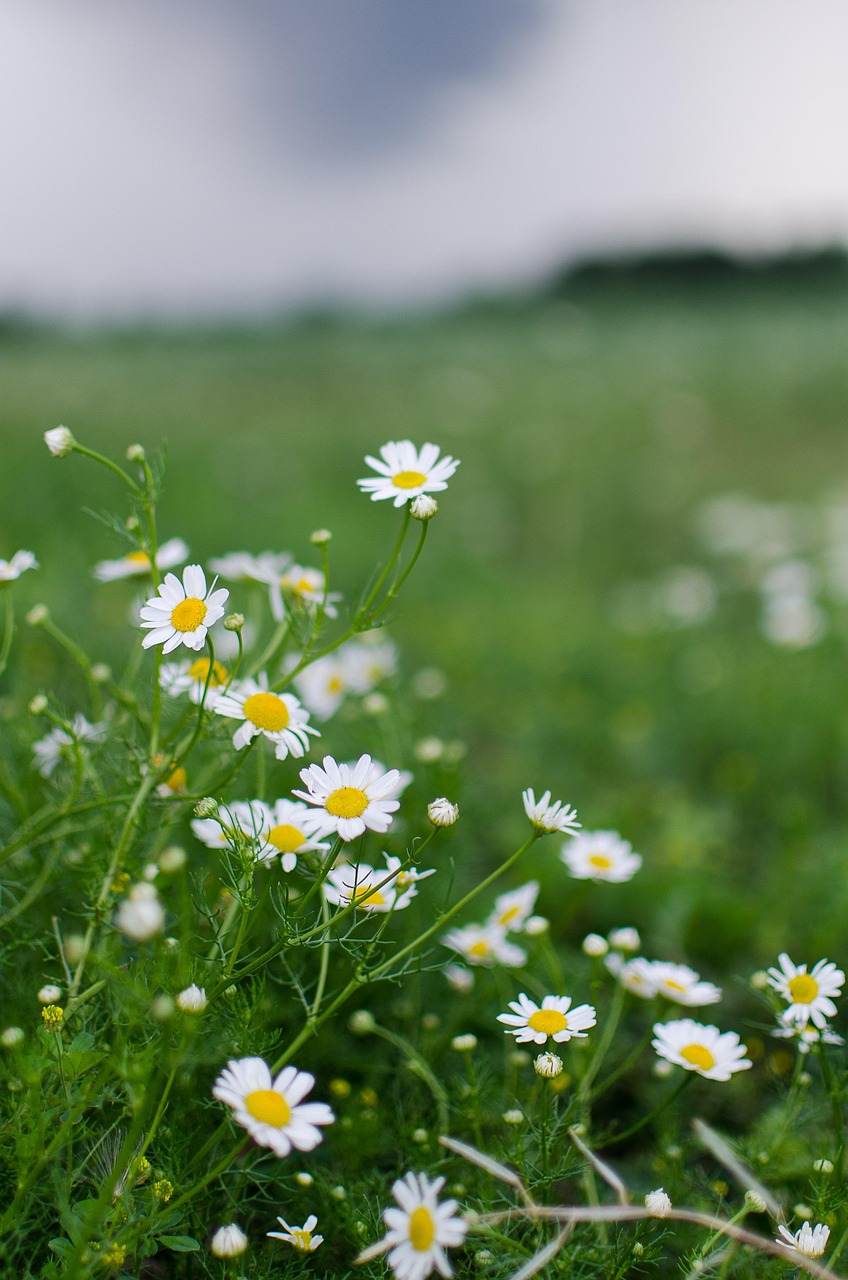
For Stress Relief & Sleep
Chamomile is more than just a bedtime tea—it’s a powerhouse for calming nerves, easing anxiety, and promoting restful sleep.
Why Plant in Fall?
- Seeds germinate well in cooler soil.
- The plant thrives with early root growth before winter.
Medicinal Uses:
- Sleep aid (infusions or tinctures)
- Anti-inflammatory for digestive issues
- Gentle sedative for anxiety or restlessness
How to Grow:
Sow seeds in well-drained soil, with full sun. Lightly cover with soil and water gently.
2. Echinacea (Echinacea purpurea)
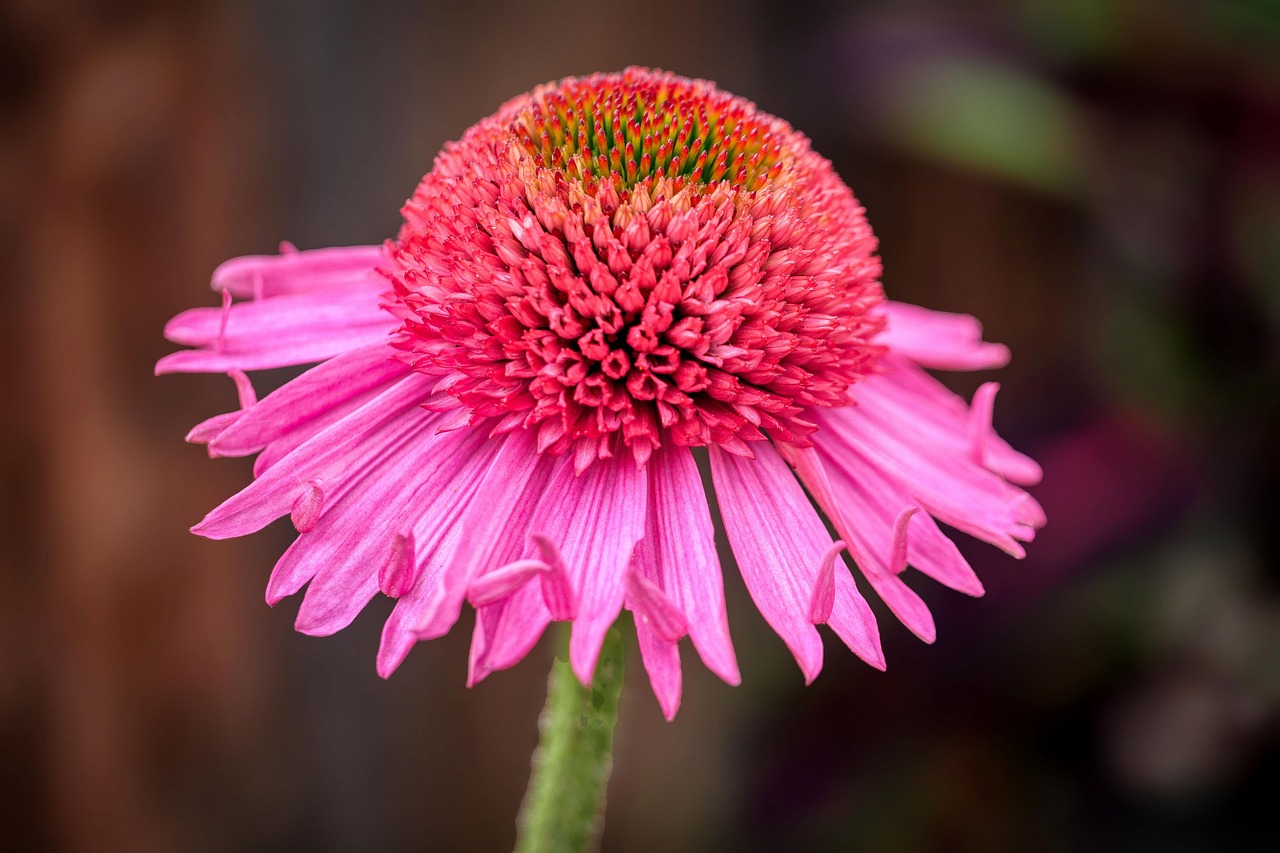
For Immunity & Cold Prevention
Best known for its role in supporting the immune system, echinacea is a must-have for fall planting if you want a stronger defense in flu season.
Why Plant in Fall?
- Cold stratification improves seed germination.
- Hardy perennial that returns stronger each year.
Medicinal Uses:
- Immune system booster
- Shortens duration of colds and respiratory infections
- Supports lymphatic health
How to Grow:
Direct sow or transplant in full sun. Prefers fertile, well-drained soil. Water until established.
3. Lemon Balm (Melissa officinalis)
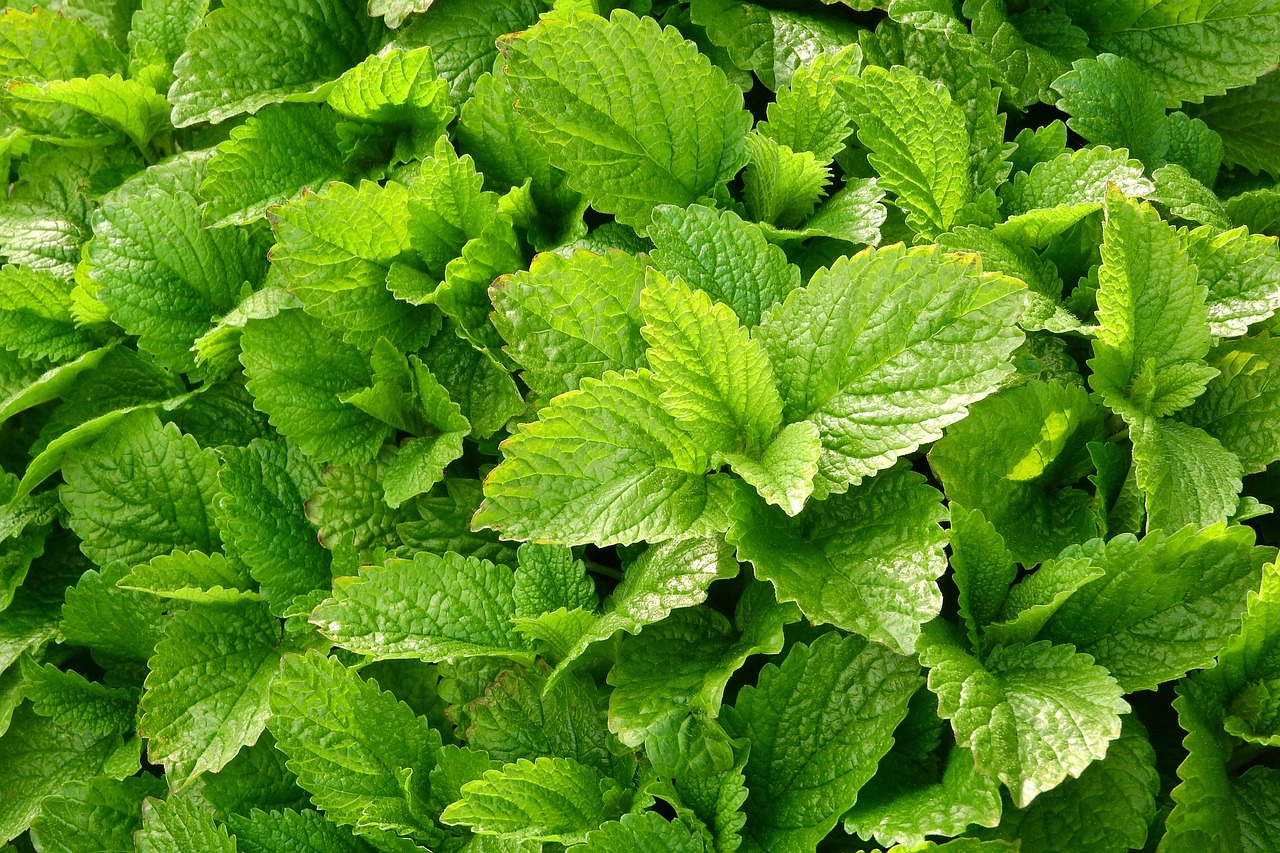
For Calm, Clarity & Cold Sores
This citrus-scented herb lifts mood, soothes stress, and has antiviral powers—especially useful for treating cold sores and minor infections.
Why Plant in Fall?
- Cooler soil encourages strong root systems.
- Less heat = better establishment.
Medicinal Uses:
- Anxiety and mood balancing
- Digestive relief
- Cold sore treatment (topical)
How to Grow:
Plant in partial shade to full sun. Keep moist but not soggy. It can spread, so consider containers.
4. Garlic (Allium sativum)
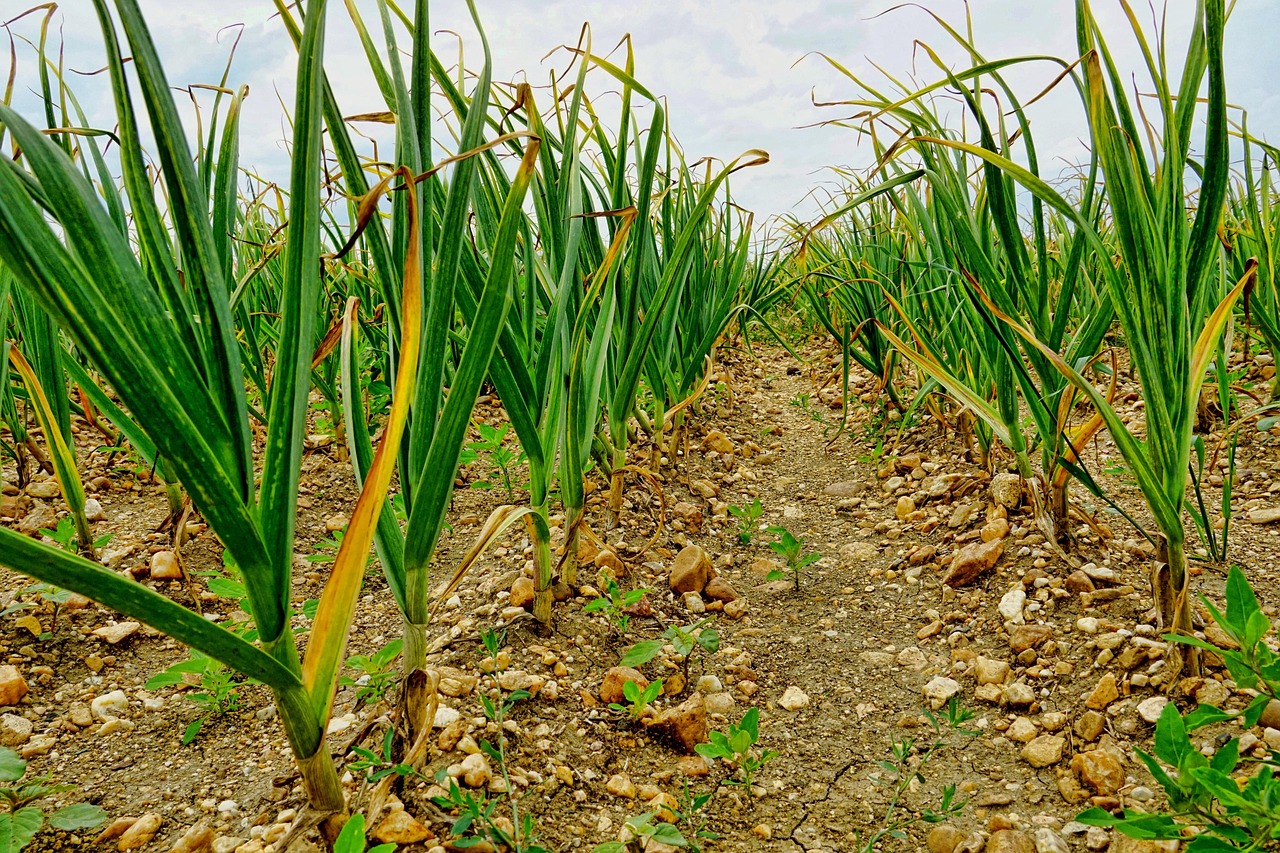
For Cardiovascular Health & Antimicrobial Defense
Technically not an herb, but garlic earns its place here due to its medicinal might. Fall planting ensures massive bulbs by summer.
Why Plant in Fall?
- Cold weather triggers clove division.
- Bigger harvests come from overwintering.
Medicinal Uses:
- Lowers blood pressure and cholesterol
- Natural antibiotic
- Antiviral and antifungal
How to Grow:
Plant cloves 2 inches deep, root-side down, 6 inches apart. Mulch well.
5. Thyme (Thymus vulgaris)
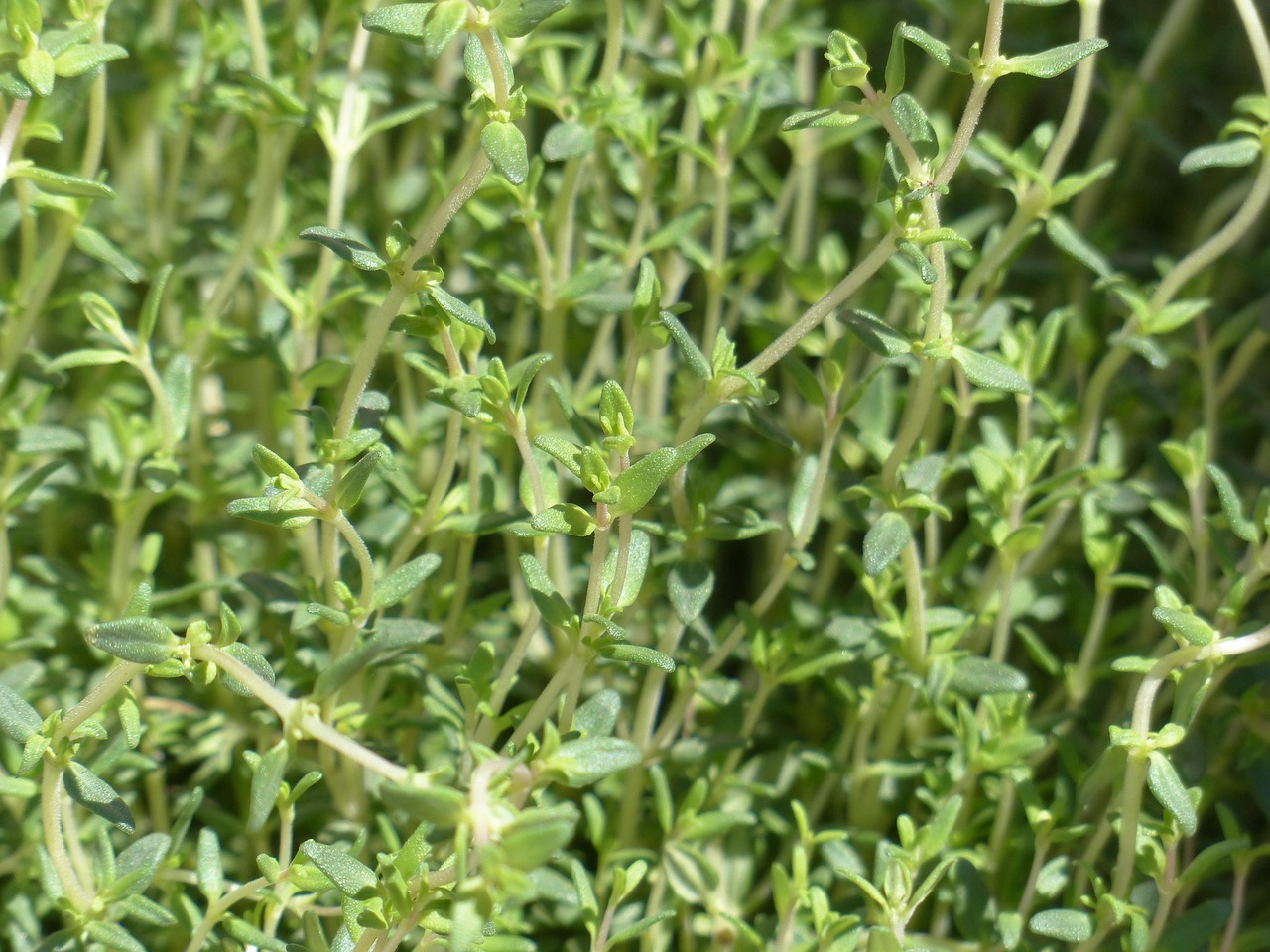
For Respiratory Health & Immunity
This aromatic herb isn’t just for seasoning—it’s packed with antibacterial and expectorant properties.
Why Plant in Fall?
- Thrives in cooler weather.
- Evergreen in mild climates.
Medicinal Uses:
- Soothes coughs and bronchial irritation
- Antiseptic mouthwash
- Topical treatment for wounds
How to Grow:
Full sun, well-drained soil. Don’t overwater. Harvest regularly to encourage bushiness.
6. Yarrow (Achillea millefolium)
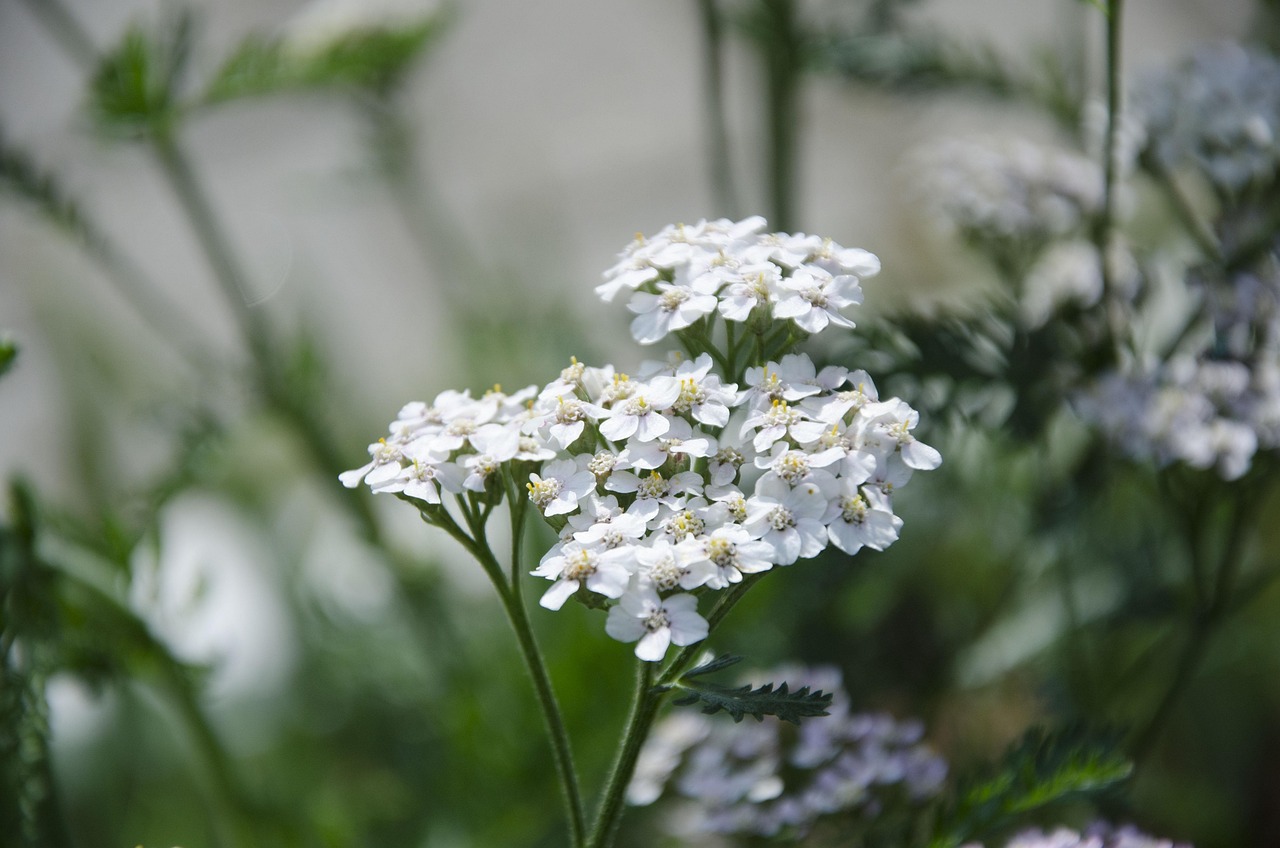
For Wounds, Fevers & Inflammation
With its feathery leaves and clusters of white blooms, yarrow is an ancient healer used for everything from fevers to cuts.
Why Plant in Fall?
- Cold stratification improves germination.
- Perennial that thrives with fall root growth.
Medicinal Uses:
- Stops minor bleeding (fresh leaves)
- Reduces fever (infusion or tea)
- Eases inflammation and menstrual discomfort
How to Grow:
Plant in full sun, sandy soil. It’s drought-tolerant and grows like a wildflower.
7. Valerian (Valeriana officinalis)
For Sleep & Nervous Tension
Valerian’s calming effects have been used for centuries to promote deep, uninterrupted sleep.
Why Plant in Fall?
- Prefers a dormant winter to activate spring growth.
- Stronger rootstock when planted in autumn.
Medicinal Uses:
- Sleep disorders (root tincture or tea)
- Anxiety and panic
- Muscle relaxation
How to Grow:
Needs moist, rich soil and partial shade. Give it space—it can grow tall!
8. Sage (Salvia officinalis)
For Memory, Menopause & Antioxidants
Sage isn’t just for Thanksgiving—it’s a brain-boosting, hormone-balancing herb rich in anti-inflammatory compounds.
Why Plant in Fall?
- Cooler soil helps establish roots before winter.
- Tough perennial once rooted.
Medicinal Uses:
- Improves memory and focus
- Eases hot flashes and menopause symptoms
- Antibacterial gargle for sore throats
How to Grow:
Plant in full sun, sandy soil. Trim regularly to prevent woodiness.
9. Calendula (Calendula officinalis
For Skin, Inflammation & Wounds
This cheerful, golden flower is a skin-healing miracle, making it perfect for DIY salves and creams.
Why Plant in Fall?
- Tolerates mild frost.
- Sets you up for early spring blooms.
Medicinal Uses:
- Treats cuts, rashes, and burns
- Anti-inflammatory
- Antifungal and antiseptic
How to Grow:
Sow seeds directly in rich, well-draining soil. Prefers full sun. Deadhead often for more blooms.
10. Comfrey (Symphytum officinale)
For Tissue Repair & Pain Relief
Used externally for sprains, bruises, and bone healing, comfrey is known as “knitbone” for a reason.
Why Plant in Fall?
- Establishes a deep taproot before spring.
- Grows vigorously in cooler weather.
Medicinal Uses:
- Speeds healing of bones and muscles (external use only)
- Reduces pain and swelling
- Makes nutrient-rich compost tea for gardens
How to Grow:
Needs space and rich soil. Once planted, it’s nearly impossible to remove—choose a permanent spot!
A Word on Safety: Use with Respect
While these herbs offer powerful healing benefits, they’re not without precautions.
- Consult your doctor before using herbs medicinally, especially if pregnant or on medications.
- Use proper identification and dosage—natural doesn’t always mean harmless.
- Some herbs, like comfrey, should be used topically only and not ingested.
